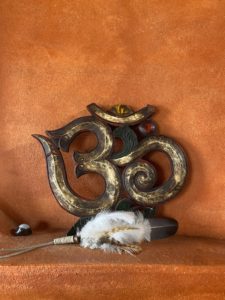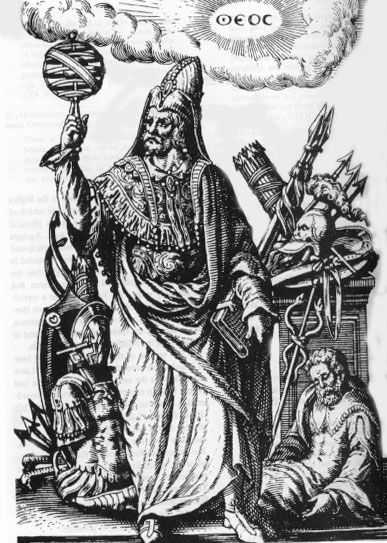We currently exist in a precarious position, society is ever-more connected yet still just as curious about the world. Today the average person has more access to information than their ancestors, but there are a few questions that permeate through generations: who are we, how did we get here, and where are we going? The Modern Dharma Culture core belief is that there is a joyful, sacred, connective truth scattered among various spiritual embodiments across the world. In this blog we aim to cover not just spiritual topics and practices, but also incorporate other personal interests and everyday existence.
How did we come up with Modern Dharma Culture’s Name?
Modern Dharma Culture is todays practicing spiritual people. Dharma as described in Hinduism, is the official religious belief practices and system of any movement. So, let’s break that down. Viewing Dharma as religious beliefs and practices might bring you to the assertion that if you don’t practice Hinduism, then Dharma doesn’t apply to you. Dharma applies to everyone, everything. It goes beyond religion, gender, race, or any qualitative category. Dharma is your individuality; your sense of purpose.
What is the Dharma of a cat? They nap, play, cuddle, this is their Dharma. In Sanskrit Dharma translates to “to support or to hold”. What concepts or passions are you actively interested in? What are your daily rituals? Dharma is your authentic action; how you interact with the world. You are in Dharma when you surrender to your true self.
Modern Dharma Culture gathers concepts from different cultures allowing open interpretation or unitarian perspective with what most resonates with you. We are not yesterday’s spiritual practitioners. We are not suggesting one religious practice or set of viewpoints, instead we strive to foster an independent approach on how old traditions hold value today.

Why is spirituality a hot topic?
Early civilizations were largely governed by their religion, which controlled access to the wealth of knowledge about the true essence of existence, and our deeply rooted connection to the world around us. Without being exposed to multiple viewpoints, people would become complacent and lose their individual intuition towards their natural amity for a connection with nature. As communication has progressed over time, the ability to retain and transfer knowledge has taken different forms. This same revolution in language is happening in spirituality today.
For a long time, the spiritual leaders of a community were the single clearing house for answers on their group’s religious practices as well as the figurehead for the group’s views towards others. In some instances, the spiritual teachers of the community would represent teachings that were originally composed and spoken in a dead language to the society now following those practices.
Thanks to the internet and the large-scale spread of information through individual research, academic publications, and mass documentation, we now have access to tons of detailed and intimate information on the inner disciplines, and beliefs of practices from all around the world. Recent studies have shown that there are large movements in the religious beliefs of individuals away from structured religions and more towards an open Unitarian belief system that honors all different practices.
Our Personal Practices
As time goes on, I have periods of extreme interest in learning, or creating, or exploring, but those moments of inspiration, will all too soon slip away. Because, as Siddhartha Gautama once said, loosely, “the only thing that’s constant is the change” everything will eventually take a new form. But over time the moments of motivation and wonder return to ignite passion to the world around me.
Because people are not always completely focused or passionate, about any topic, we will spend time discussing multiple types of active and passive forms of practice to allow readers on any place in their own journey to seamlessly join us in rebecoming what we’ve always been.
Why we chose to incorporate spirituality into our blog
Part of our relationship’s foundation is our shared spirituality. It’s how we came to find each other on our path. So, our intention of writing about spirituality is not to speak from a place of authority, but to create a space to share information that reflects our own personal growth, in a way that’s constructive for readers. As this project goes on, our writing will pick up new phrases and perspectives through our continued learning, but the real change that we will all witness is how we create a shared space around these ideas and embrace new practices in our daily routines. Together, we will all become the Modern Dharma Culture.
—
Still Interested in more? Get the newsletter or look at the shop


One thought on “What is Modern Dharma Culture?”
First